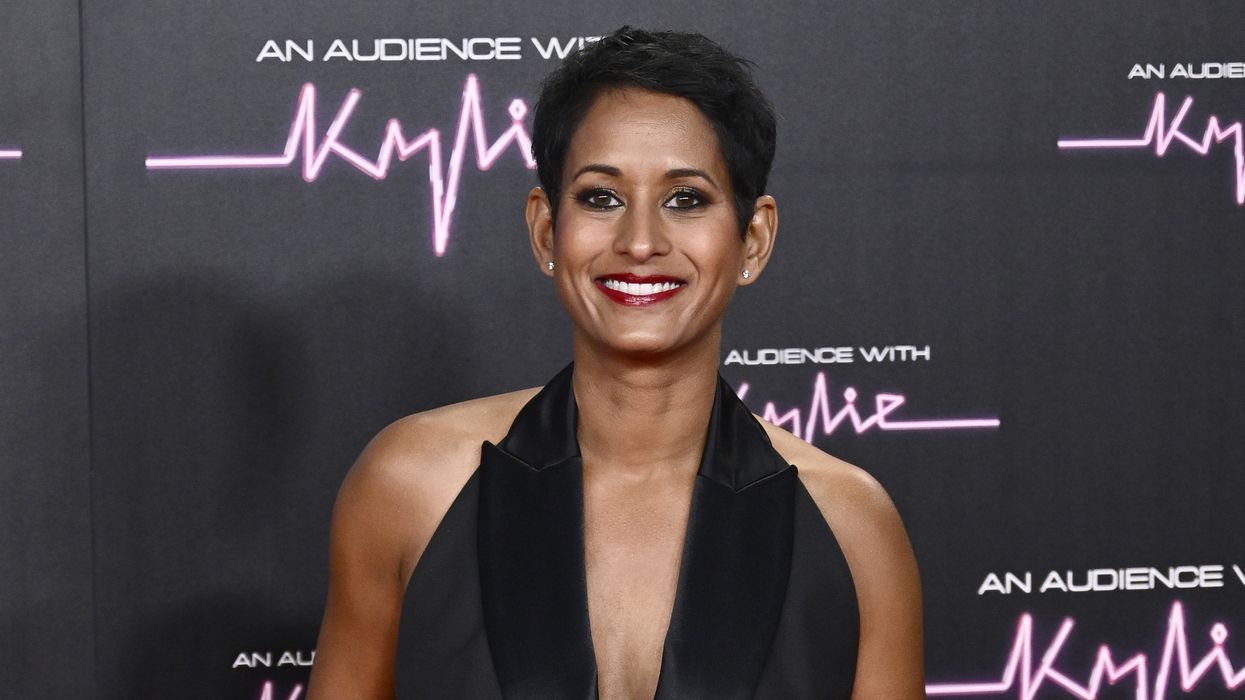by HOWARD ROBIN
SUN, SEA AND ARCHITECTURE DRAW TOURISTS TO MODERN METROPOLIS
IT’S the holiday destination of choice for many British Asians, a second home to countless Bollywood stars and a place where some 1.5 million people from the Indian subcontinent live and work.
In little more than a decade, Dubai has metamorphosed from being just another urban conurbation in the Persian Gulf to possibly the most extraordinary modern metropolis on earth. This city of superlatives houses the world’s tallest building, largest shopping mall and even the biggest sweet shop. With its audacious architecture, spectacular skyline and sleek metro zipping overhead like something out of Blade Runner, Dubai is a place of futuristic wonder.
Throw in sun, sea and sand, the world’s best theme parks, the oases of calm that are its hotels, not to mention traditional souks, Bedouin culture and desert wildlife, is it any wonder that this place, located on the coast of the United Arab Emirates (UAE), is now Britain’s most popular long-haul holiday destination whose tourism boom shows no sign of abating? In fact, more than eight million visitors travelled to Dubai in the first six months of 2017 alone, up by 10.6 per cent on the previous year.
Indians started moving to the UAE en masse during the oil boom of the 1970s and have since gone on to occupy top jobs in many of its multinational companies.
Feroz Khan, a chartered accountant, recalls coming to Dubai in 2001 and finding it “ordinary like Mumbai”, albeit offering a comfortable lifestyle, safe environment and home-from-home sense of community. Dubai became extraordinary only after the real estate boom, especially post-2006 when the law allowed foreigners to own properties here. “Ever since the destination has continued to excite,” he says.
Sales executive Kausar Syed, originally from Mumbai, has lived in Dubai for nine years during which time she has witnessed the development of all the star attractions – the Burj Khalifa, Dubai Metro, IMG Worlds of Adventure, Dubai Water Canal, and Global Village Dubai. Like the holidaymakers who flock to them, she cannot stop gushing.
Londoner Sheila Patel, who has holidayed there three times with her family, adds: “You can get a package for under £600 per person or, if you are a billionaire, you can stay in a seven-star hotel.”
Dubai, it would seem, offers something for everyone. For anyone thinking of holidaying in the city, however, there are a number of things to take into account. First, the weather. Dubai’s summer, from June until September, is blisteringly hot with the temperature averaging above 40ºC. November to March offers a far less sweaty experience. For those craving a beach break, it is best to visit in spring or autumn when one can sunbathe by day and cool down in the air-conditioned restaurants, bars and shopping malls in the evening. That said, there are some amazing bargains to be found in summer, which is becoming increasingly popular with those on a tight budget.
Another thing to clear up to avoid a possibly pointless journey is the oft-quoted comparison with Las Vegas. Yes, both can be brash playgrounds for millionaires, but you won’t find Dubai full of massive neon-lit signs or scantily clad showgirls. What’s more, there aren’t any casinos as gambling is outlawed, and that even includes the world’s richest horse race, the Dubai World Cup.
In its spectacular architecture, Dubai could be compared to Shanghai. Its love for fashion and style is reminiscent of Milan, while its flourishing contemporary art market could one day rival New York. So the notion that beneath the glittering facade lies a cultural vacuum is yet another false cliche.
Moreover, scratch below its shiny surface and you’ll find a rich Arabian culture with its traditions of falconry, camel racing and poetry. If you get tired of the new, try swapping the modern malls for the ancient souks that once formed the heart of the city and where you can haggle for anything from gold and silver to fish, meat and electronic items. Alternatively take a lazy trip on an old wooden dhow [traditional boat] or head for the desert to experience Bedouin culture at first hand.
Of course, most people heading for a holiday in Dubai will be thinking about its beaches, hotel resorts, theme parks and epic shopping experiences. The beaches are spotless, while the sea has been likened to perfectly warmed bath water. Famously picture-perfect is Jumeirah Beach, which boasts excellent swimming. Most of the beaches are attached to hotels so while you lie on your sunbed, you can order refreshments from the ultra-courteous staff.
Dubai is full of four and five-star hotels, while the extraordinary seven-star Burj Al Arab, owned by the Jumeirah chain, is in a league of its own with eight staff to every guest. Should you fancy something truly bizarre, you might splash out on an underwater suite at the Atlantis where you can share your room with some of the world’s most exotic fish.
As far as its retail offerings are concerned, Dubai’s vast malls present shopping as an epic experience with an equal measure of entertainment thrown in. Dubai Mall is the biggest shopping mall on the planet with over 1,000 outlets – and it’s all tax free. If you get bored with retail, the mall also boasts an Olympic-sized ice skating rink and the Dubai Aquarium, whose sharks can be viewed from inside the Mall. Bored with sharks? Go check out the saltwater crocodile in the underwater zoo!
As far as the theme parks are concerned, once again, biggest and best seems to be the rule, while, just for good measure, queues are few and far between. Superlatively speaking, Dubai Parks and Resorts is the biggest theme park in the Middle East, comprising Legoland, MotionGate and Bollywood Parks. Not far away is the world’s biggest indoor theme park, IMG Worlds of Adventure, based on Disney’s Marvel comics and characters from Cartoon Network.
With its huge expat population, Dubai offers an absolute smorgasbord of tempting food from every corner of the globe at every price range, from cheap street food and chains like McDonalds and Pizza Hut to Michelin-starred gastronomic luxury. Unsurprisingly, given its expat population, it boasts numerous Indian, Pakistani and Bangladeshi eateries. Being a Muslim country, all food on sale in the UAE is halal. For the same reason, alcohol is not sold in shops though you can drink freely in hotels, restaurants, clubs and bars.
Moreover, the fact Islam is the official religion does not mean women must cover up. Dubai is a tolerant place and female holidaymakers can wear shorts and skirts in most places, and bikinis at the beach or pool. That said, it’s best to avoid public displays of physical affection. You could land in jail for the simple act of kissing in public. So go easy on the smooching, even in nightclubs, the back of taxis, back row of a cinema and especially the beach.
Dubai is so full of top attractions that visitors are spoilt for choice. But there are some places that will be on most people’s must-see lists. These include the Palm Jumeirah, the largest man-made archipelago on earth, an extraordinary engineering feat comprising two artificial islands built in the shape of a palm tree. Hotels on the Palm include the Atlantis, Fairmont, Rixos and the Kempinski.
The Burj Khalifa is another must-have experience for many visitors. At 830 metres high, this is the world’s tallest building. You can take a tourist trip to the top and watch the sun set over the Arabian Gulf and marvel at the fountain display at ground level.
Finally, as unlikely as it sounds, some people head for Dubai for the snow. In the Mall of the Emirates, there is an indoor ski resort that has something to offer even the most die-hard Alpine aficionados. It boasts 22,500 square metres of snow, a picture postcard mountain-themed wintery backdrop. It also offers a twin-track bobsled run, a Snow Cavern and the Avalanche Café where you can quaff hot chocolate and imagine you’re in Switzerland. With sweltering temperatures outside, that might sound surreal – but nothing should surprise you in extraordinary Dubai.

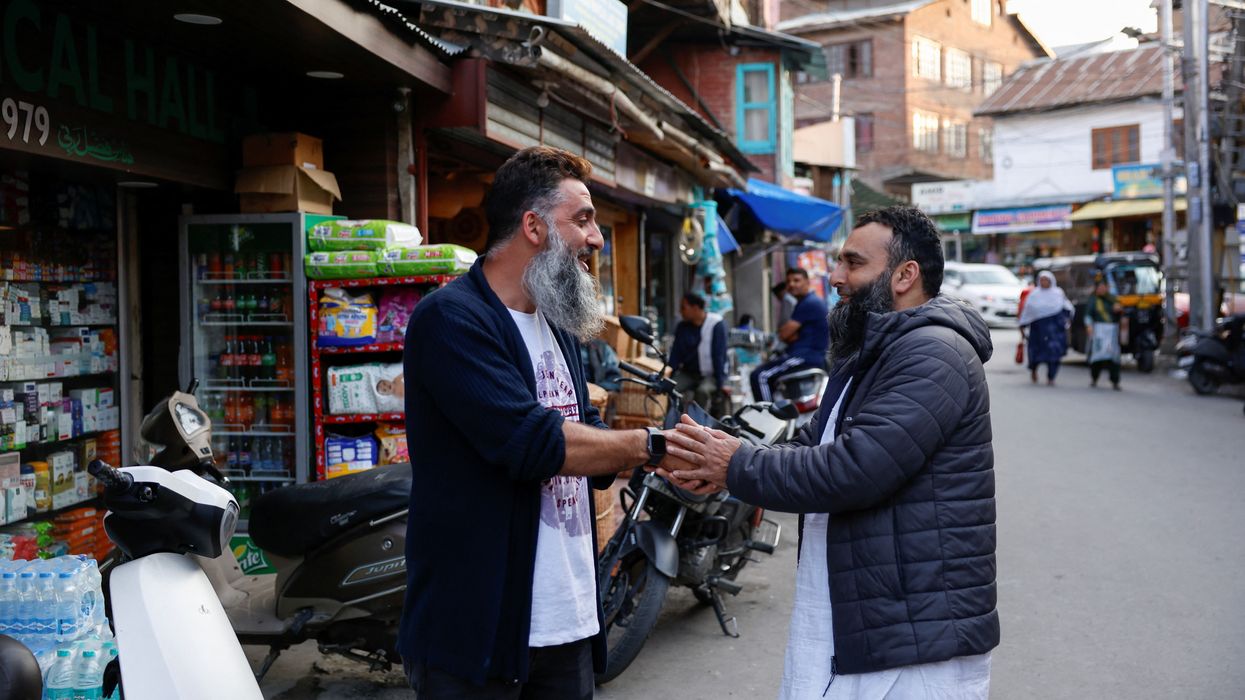



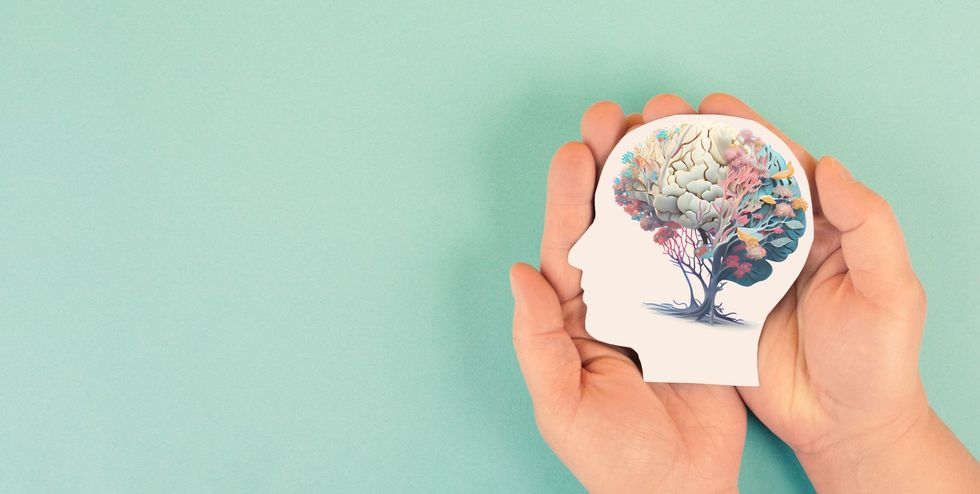 Finding strength in small daily habits for better mental health
Finding strength in small daily habits for better mental health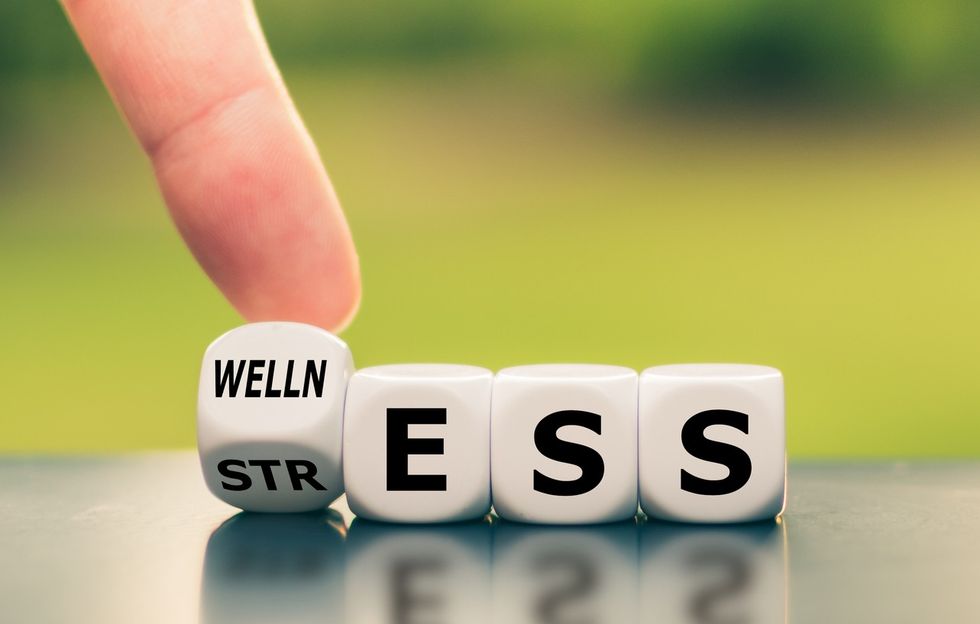 Simple steps to boost your mental well-being every day
Simple steps to boost your mental well-being every day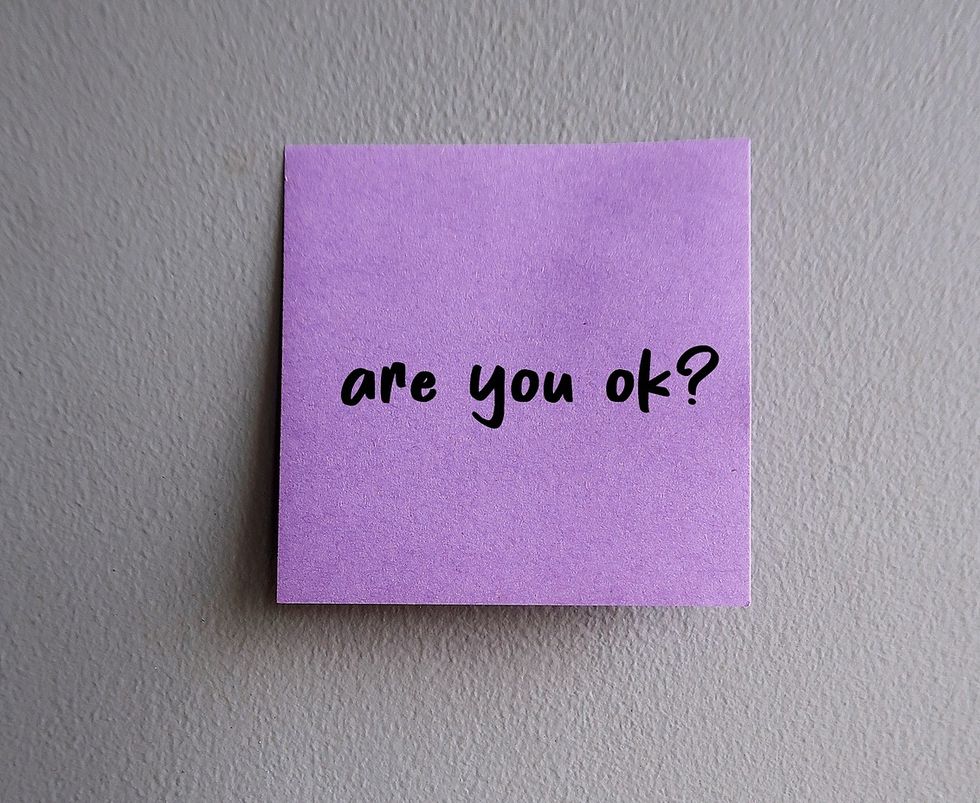 How small positive changes can transform your inner world
How small positive changes can transform your inner world











